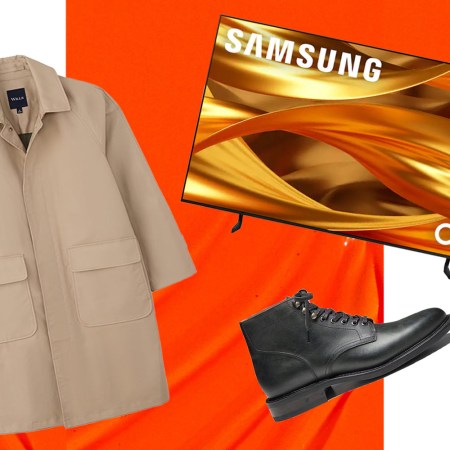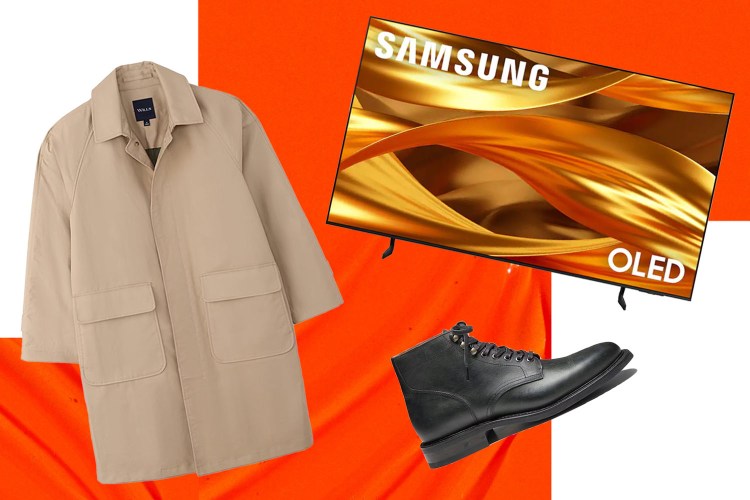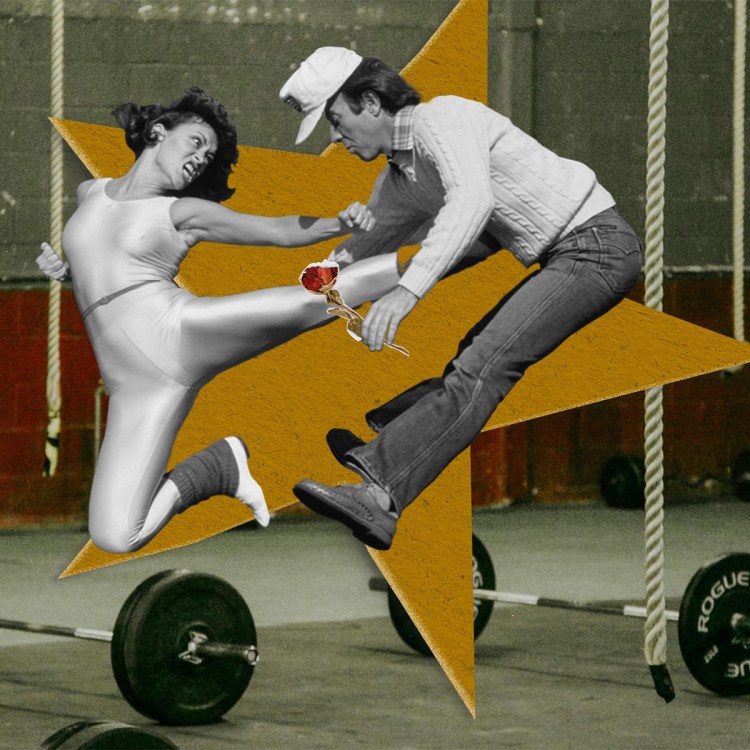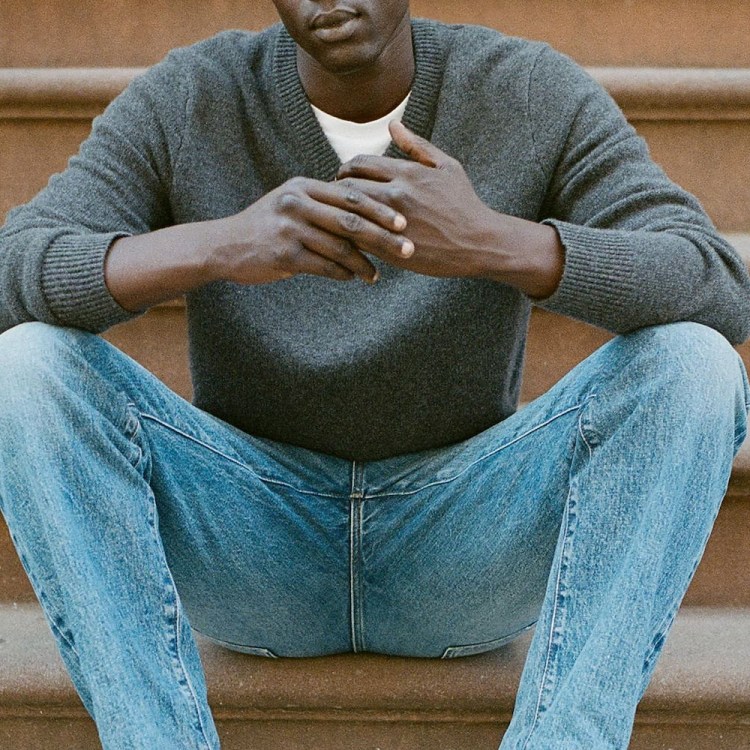“I’m sorry if anyone was offended …”
Nope.
“I’m sorry. Here’s a recipe for pizza dough cinnamon rolls.”
Definitely not.
Bad apologies are an epidemic, and the folks behind SorryWatch has been compiling and critiquing them for the last six years. So given that 2017 was a banner year for terrible human behavior (and the terrible apologies that followed, including Louis CK’s), we reached out for some intel on the art of contrition.
SorryWatch was started by two writers: Susan McCarthy (When Elephants Weep: The Emotional Lives of Animals), who also published the popular Salon feature “How to Say You’re Sorry: A Refresher Course”; and Marjorie Ingall, also an author (The Field Guide to North American Males) and writer (New York Times, Wired, Self, Tablet).
The frequently updated site — which is insightful, detailed and (appropriately) funny — divides atonements into dozens of categories, from “accepting apologies” to “bropologies” to fictional mea culpas (Thor is good at them, apparently).
We asked Ingall a few questions about the state of apologies in 2018, and the best way to make one. Coincidentally, the one apology that SorryWatch dubbed “f*cking perfection” was reviewed on the site this week — see below.
InsideHook: What was the original inspiration for launching SorryWatch?
Ingall: Both Susan and I have always been interested in apologies, and as journalists had each written about them. We live on opposite coasts, and we’ve always enjoyed each other’s work and company, so we were excited to do a project together. It was Susan’s idea. She is also one of the most ethical people I know. We both wanted not to just criticize crappy apologies, but to celebrate good ones. We think apologies are an underappreciated civilizing force; good apologies make us vulnerable and make us human, and they help the world be a livable, lovable place.
IH: What are the three most important things to remember when you need to apologize?
Ingall: IT’S NOT ABOUT YOU. IT’S NOT ABOUT YOU. IT’S NOT ABOUT YOU. I kid, but not. Too many bad apologies are focused on the apologizer instead of the apologizee. Tamp down your ego. Don’t think about how you’ve suffered and paid the price and been demonized and put on the spot. Think about the other guy. What would he want to hear from you? Think about that, as opposed to what you wanna say. Practice.
A good apology uses the words “I’m sorry” or “I apologize” rather than “I regret.” It doesn’t use the passive voice. It names the thing you did wrong (as opposed to “I’m sorry about what happened”), acknowledges the effect of what you did, and makes reparations in either a small way (pay for the dry cleaning after you spill the wine) or a large one (donation to appropriate charity, sensitivity training for entire staff, hiring initiatives — figure it out depending on what happened — YOU CAN DO IT).
IH: He’s an idiot, but Logan Paul says he deserves a second chance. After someone apologizes, what’s the role of the people who are receiving an apology?
Ingall: My visceral response to this guy is “shut up, bro.” He did a terrible thing and then issued a terrible apology that completely lacked self-awareness and humility. Are we obliged to forgive? We are not. We human beings are morally obligated to apologize, but no one has to forgive us. That’s up to the individual. However, the great philosopher Maimonides says that if someone tries hard to apologize to you three times, after that, it’s on you rather than on them.
IH: What is the worst thing you can do when you apologize?
Ingall: Blame the other person, directly or implicitly. Imply that the other person provoked you, or lacks a sense of humor. Yeah, no.
IH: What are some good examples of apologies?
Ingall: We just put up Paul Scheer’s apology, which was F*CKING PERFECTION. It hit all the right notes: Owns the offense, takes responsibility, states what he’s sorry for, acknowledges the impact, makes amends (he bought a book by the author he insulted, he read the book, he live-tweeted the book, he loved the book!) and he apologized to the writer and her community in a way that makes clear he understands stigma and sexism. Gotta love it.
The Charge will help you move better, think clearer and stay in the game longer. Subscribe to our wellness newsletter today.
























